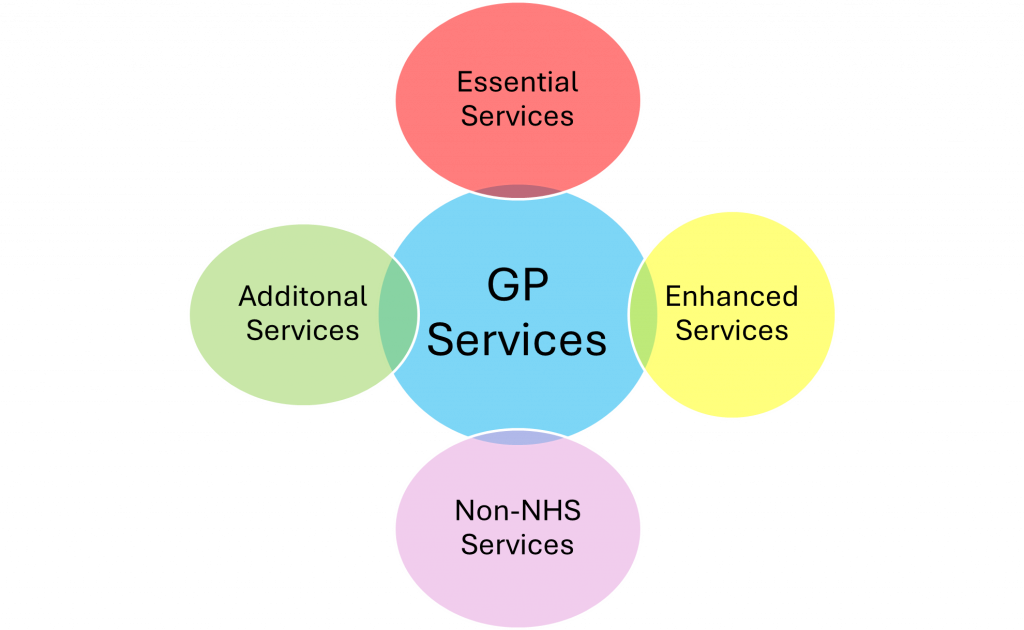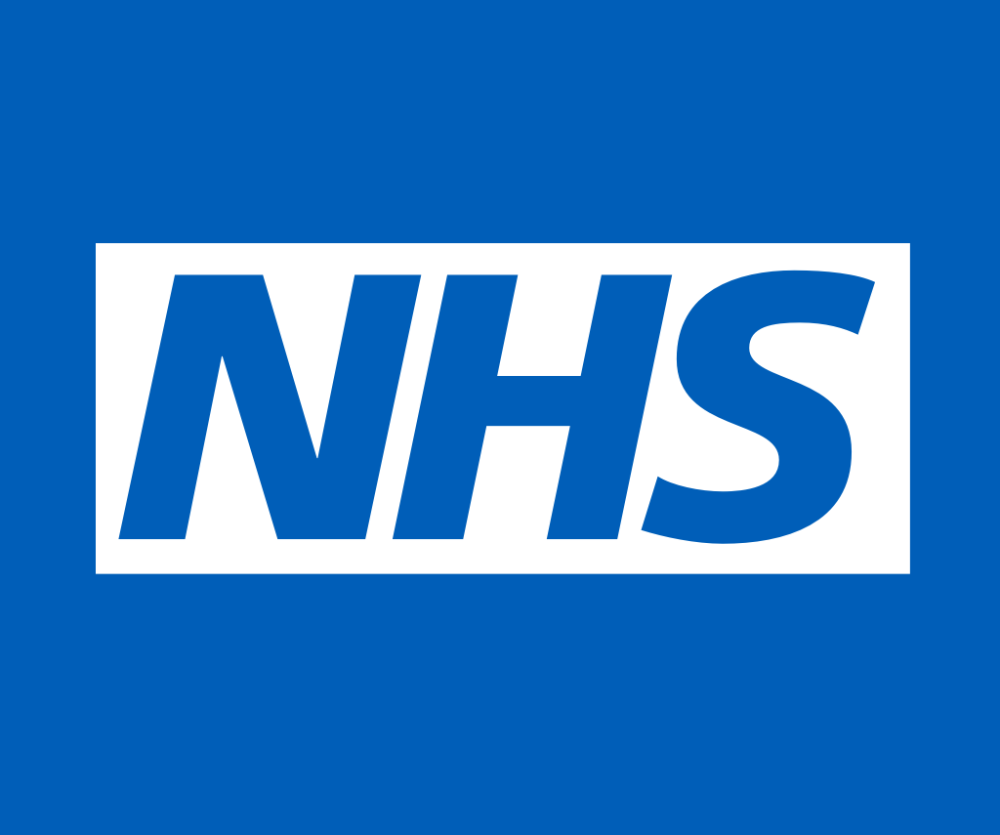Below is a summary of how general practice works and sets out key points for patients around services that can be offered.

Essential Services – GPs are asked to provide certain essential services (this is called ‘commissioned’) to the population. Some of these services are the same across England – they are referred to as General Medical Services – GMS. Every GP practice must provide these.
Additional services – are also part of the GMS contract, and it is assumed that all GPs will do them. However, practices can ‘opt-out’ if they wish.
Enhanced Services – GPs may choose to offer enhanced services (ES). These may be decided nationally (DES) or locally (LES). Practices can choose whether they sign up to these. The benefits are more services for patients and extra funding, but the downside is that it is extra work in an already overstretched service. Unlike additional services, practices choose to sign up to offer them. There is no expectation that they will do.
Non-NHS work – Some of the things that GPs are asked to do are not covered by any NHS contract. These are therefore considered to be non-NHS work. Because this is essentially private work, practices are not under any obligation to do it as it’s not part of any contract. It also means that, if they choose to do it, they can charge for the work in the same way that a solicitor might charge for their services.
The information here is a summary of key points. If you would like more details on what is and isn’t in the contracts, then please visit the Department of Health and Social Care website. They have published statutory guidance on Primary Medical Services – both the GMS contract and Directed Enhanced Services.
